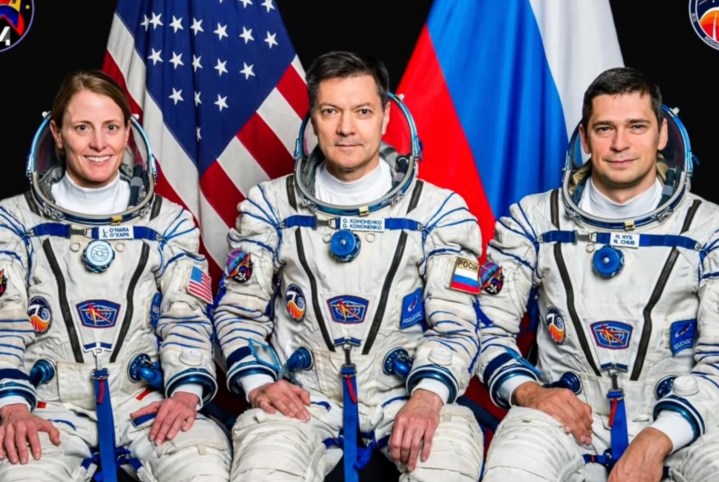
A Russian cosmonaut has just set a new record for the longest time spent in space.
Set over five missions, Oleg Kononenko on Sunday has now spent more than 878 days, or nearly two-and-a-half years, in orbit.
Kononenko, 59, snatched the record from compatriot Gennady Padalka, who retired in 2017 following five trips to space.
Currently aboard the International Space Station (ISS) about 250 miles above Earth, Kononenko, whose latest mission started in September last year, is set to return to Earth in seven months, with his record set to extend to 1,110 days in orbit.
“I fly into space to do what I love, not to set records,” the cosmonaut, who first flew to space in 2008, told Russian news agency Tass. “I’ve dreamt of and aspired to become a cosmonaut since I was a child.”
Kononenko added: “That interest — the opportunity to fly into space, to live and work in orbit — motivates me to continue flying. I am proud of all my achievements, but I am more proud that the record for the total duration of human stay in space is still held by a Russian cosmonaut.”
He said that video calls and messaging enabled him to keep in touch with family and friends back on terra firma, adding that whenever he returns to Earth, it always occurs to him exactly what he’s been missing most.
“It is only upon returning home that the realization comes that for hundreds of days in my absence, the children have been growing up without father,” Kononenko said. “No one will return this time to me.”
The most days accumulated in space by a NASA astronaut is currently 678 days by retired American astronaut Peggy Whitson across four missions.
Meanwhile, the record for the longest single stay is held by Russian cosmonaut Valeri Polyakov, who lived aboard the Mir space station for 437 days and 18 hours in the mid-1990s. American astronaut Frank Rubio recently set a new single-stay record for NASA astronauts when he returned home in September after logging 371 days in orbit.


